The Google subsidiary solved a fundamental problem in biology but didn’t promptly share its solution. So a University of Washington team tried to re-create it.
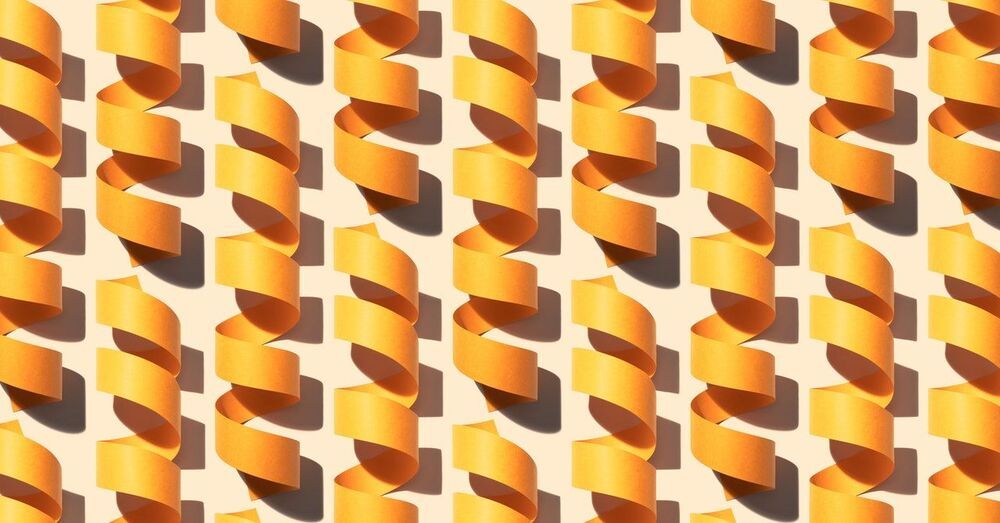

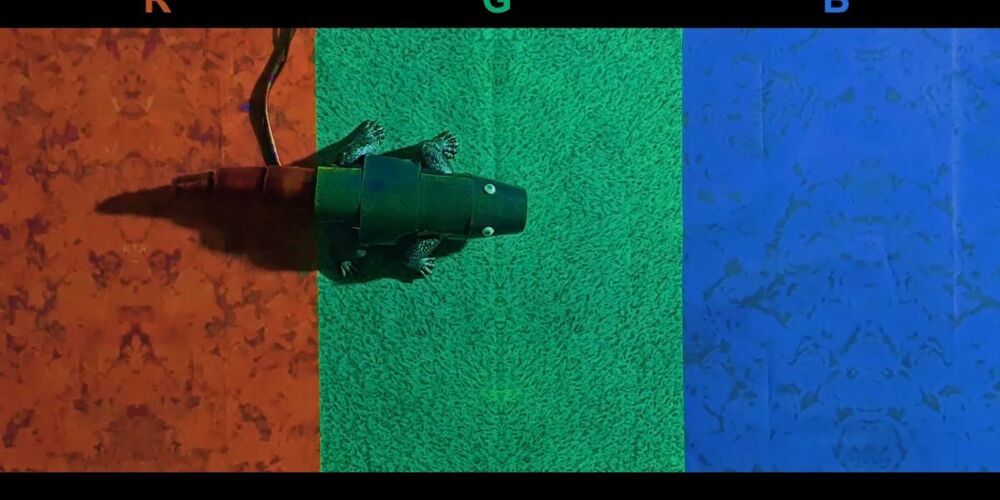
Chameleons have long been a symbol of adaptation because of their ability to adjust their iridophores—a special layer of cells under the skin—to blend in with their surroundings.
In a new study published today in Nature Communications, researchers from South Korea have created a robot chameleon capable of imitating its biological counterpart, paving the way for new artificial camouflage technology.
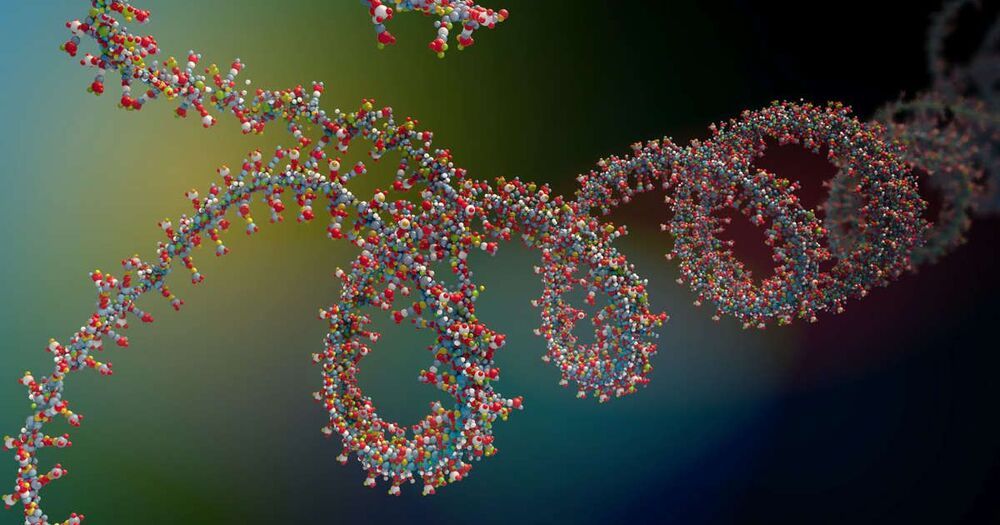
We combined a machine learning algorithm with knowledge gleaned from hundreds of biological experiments to develop a technique that allows biomedical researchers to figure out the functions of the proteins that turn genes on and off in cells, called transcription factors. This knowledge could make it easier to develop drugs for a wide range of diseases.
Early on during the COVID-19 pandemic, scientists who worked out the genetic code of the RNA molecules of cells in the lungs and intestines found that only a small group of cells in these organs were most vulnerable to being infected by the SARS-CoV-2 virus. That allowed researchers to focus on blocking the virus’s ability to enter these cells. Our technique could make it easier for researchers to find this kind of information.
The biological knowledge we work with comes from this kind of RNA sequencing, which gives researchers a snapshot of the hundreds of thousands of RNA molecules in a cell as they are being translated into proteins. A widely praised machine learning tool, the Seurat analysis platform, has helped researchers all across the world discover new cell populations in healthy and diseased organs. This machine learning tool processes data from single-cell RNA sequencing without any information ahead of time about how these genes function and relate to each other.
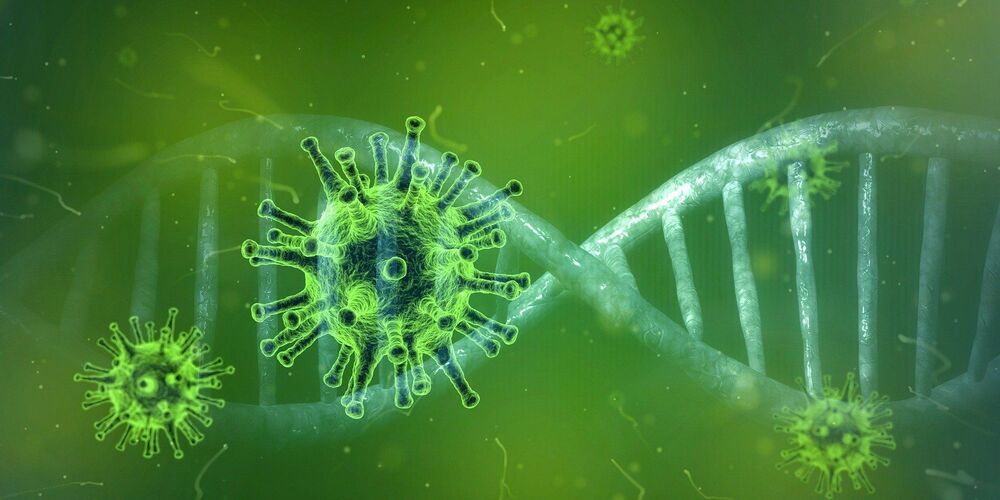
The same process that eliminates replication errors also eliminates antiviral agents delivered by the treatments commonly used to fight other RNA viruses, such as HIV, HCV and Ebola virus, which partially explains why SARS-CoV-2 has proven so difficult to treat, Yang said.
The coronavirus that causes COVID-19 has demonstrated a stubborn ability to resist most nucleoside antiviral treatments, but a new study led by an Iowa State University scientist could help to overcome the virus’s defenses.
The study, published recently in the peer-reviewed journal Science, details the structure of a critical enzyme present in SARS-CoV-2, the coronavirus that causes COVID-19. This enzyme, known as the proofreading exoribonuclease (or ExoN), removes nucleoside antiviral medications from the virus’s RNA, rendering most nucleoside analogs-based antiviral treatments ineffective. The new study presents the atomic structures of the ExoN enzyme, which could lead to the development of new methods for deactivating the enzyme and opening the door to better treatments for patients suffering from COVID-19.
“If we could find a way to inhibit this enzyme, maybe we can achieve better results to kill the virus with existing nucleoside antiviral treatments. Understanding this structure and the molecular details of how ExoN works can help guide further development of antivirals,” said Yang Yang, lead author of the study and assistant professor in the Roy J. Carver Department of Biochemistry, Biophysics and Molecular Biology at Iowa State University.
This video explains introduction to molecular biology.
Thank You For Watching.
Please Like And Subscribe to Our Channel: https://www.youtube.com/EasyPeasyLearning.
Like Our Facebook Page: https://www.facebook.com/learningeasypeasy/
Join Our Facebook Group: https://www.facebook.com/groups/460057834950033
Support Our Channel: https://www.patreon.com/supereasypeasy

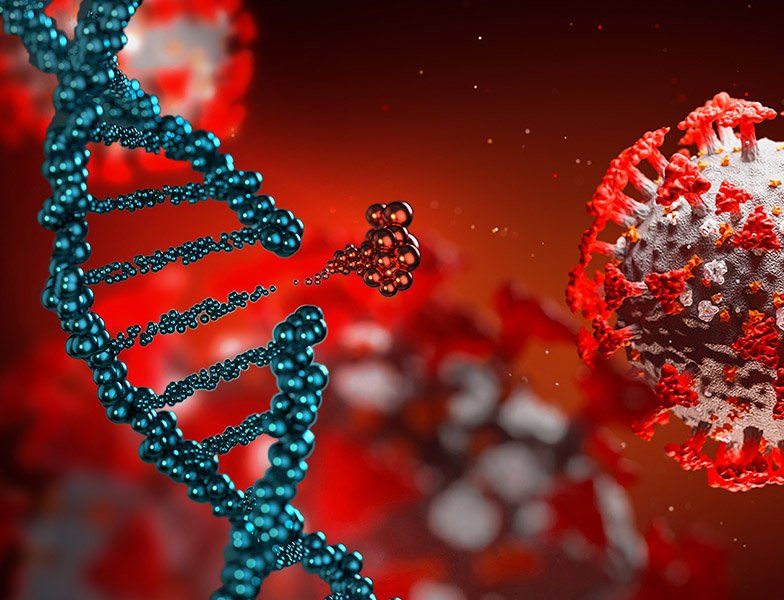
Modified RNA CRISPR boosts gene knockdown in human cells.
In the latest of ongoing efforts to expand technologies for modifying genes and their expression, researchers in the lab of Neville Sanjana, PhD, at the New York Genome Center (NYGC) and New York University (NYU) have developed chemically modified guide RNAs for a CRISPR system that targets RNA instead of DNA. These chemically-modified guide RNAs significantly enhance the ability to target – trace, edit, and/or knockdown – RNA in human cells.
Longevity. Technology: In the study published in Cell Chemical Biology, the research team explores a range of different RNA modifications and details how the modified guides increase efficiencies of CRISPR activity from 2-to 5-fold over unmodified guides. They also show that the optimised chemical modifications extend CRISPR targeting activity from 48 hours to four days.
Increasing the efficiencies and “life” of CRISPR-Cas13 guides is of critical value to researchers and drug developers, allowing for better gene knockdown and more time to study how the gene influences other genes in related pathways.
The researchers worked in collaboration with scientists at Synthego Corporation and New England BioLabs, bringing together a diverse team with expertise in enzyme purification and RNA chemistry. To apply these optimised chemical modifications, the research team targeted cell surface receptors in human T cells from healthy donors and a “universal” segment of the genetic sequence shared by all known variants of the RNA virus SARS-COV-2, which is responsible for the COVID-19 pandemic.

Researchers from Tokyo Metropolitan University have developed a new technology which allows non-contact manipulation of small objects using sound waves. They used a hemispherical array of ultrasound transducers to generate a 3D acoustic field that stably trapped and lifted a small polystyrene ball from a reflective surface. Their technique employs a method similar to laser trapping in biology, but adaptable to a wider range of particle sizes and materials.
The ability to move objects without touching them might sound like magic, but in the world of biology and chemistry, technology known as optical trapping has been helping scientists use light to move microscopic objects around for many years. In fact, half of the 2018 Nobel Prize for Physics, awarded to Arthur Ashkin (1922–2020) was in recognition of the remarkable achievements of this technology. But the use of laser light is not without its failings, particularly the limits placed on the properties of the objects which can be moved.
Enter acoustic trapping, an alternative that uses sound instead of optical waves. Sound waves may be applied to a wider range of object sizes and materials, and successful manipulation is now possible for millimeter-sized particles. Though they haven’t been around for as long as their optical counterparts, acoustic levitation and manipulation show exceptional promise for both lab settings and beyond. But the technical challenges that need to be surmounted are considerable. In particular, it is not easy to individually and accurately control vast arrays of ultrasound transducers in real time, or to get the right sound fields to lift objects far from the transducers themselves, particularly near surfaces that reflect sound.
Apigenin, quercetin, luteolin data: USDA Database for the Flavonoid.
Content of Selected Foods.
https://www.ars.usda.gov/arsuserfiles/80400525/data/flav/flav_r03-1.pdf.
Kuromanin data: http://phenol-explorer.eu/contents/polyphenol/9
Patreon link:
https://www.patreon.com/MichaelLustgartenPhD
Hemispherical array of ultrasound transducers lifts objects off reflective surfaces.
Researchers from Tokyo Metropolitan University have developed a new technology which allows non-contact manipulation of small objects using sound waves. They used a hemispherical array of ultrasound transducers to generate a 3D acoustic fields which stably trapped and lifted a small polystyrene ball from a reflective surface. Although their technique employs a method similar to laser trapping in biology, adaptable to a wider range of particle sizes and materials.
The ability to move objects without touching them might sound like magic, but in the world of biology and chemistry, technology known as optical trapping has been helping scientists use light to move microscopic objects around for many years. In fact, half of the 2018 Nobel Prize for Physics, awarded to Arthur Ashkin (1922−2020) was in recognition of the remarkable achievements of this technology. But the use of laser light is not without its failings, particularly the limits placed on the properties of the objects which can be moved.